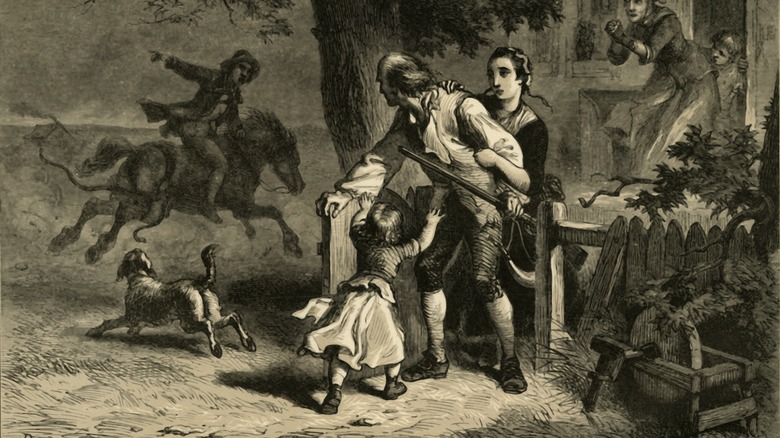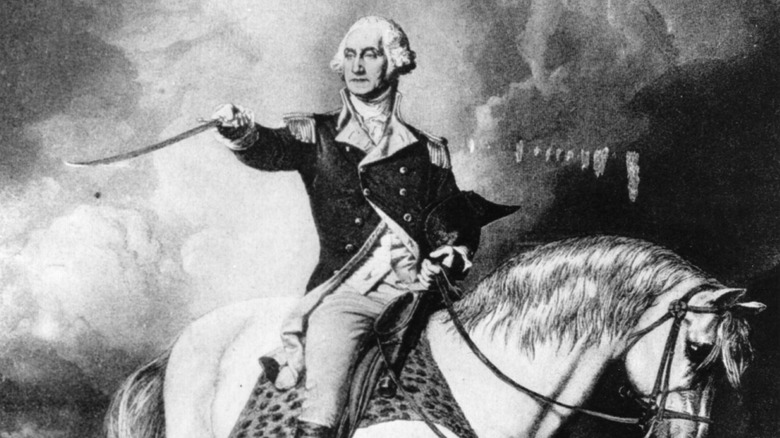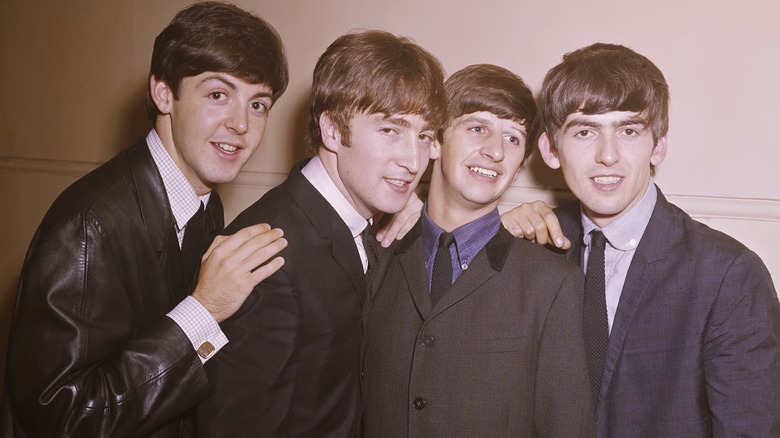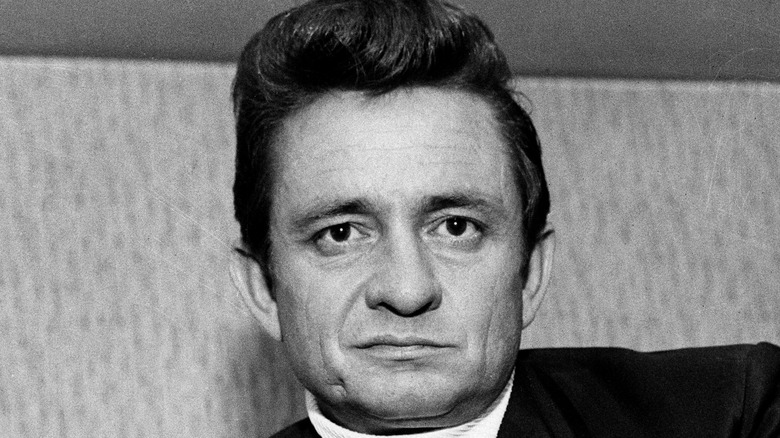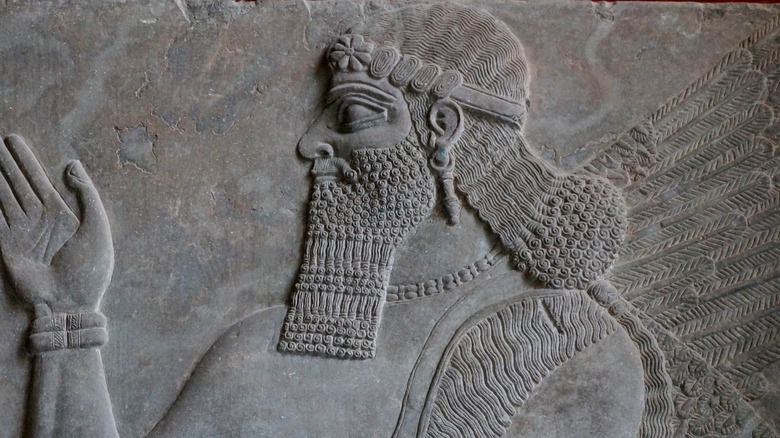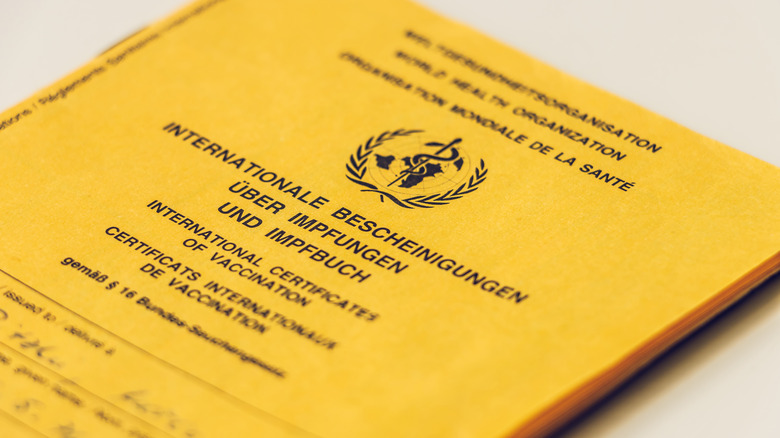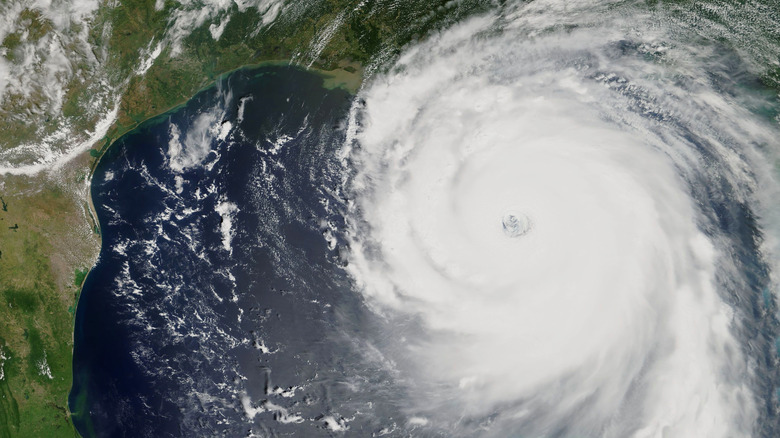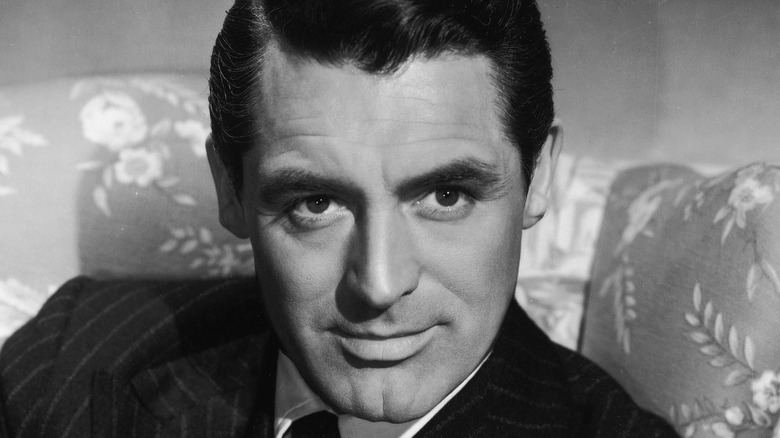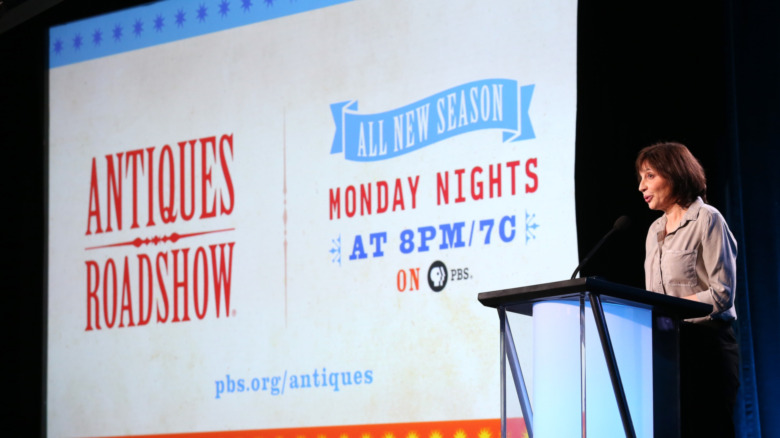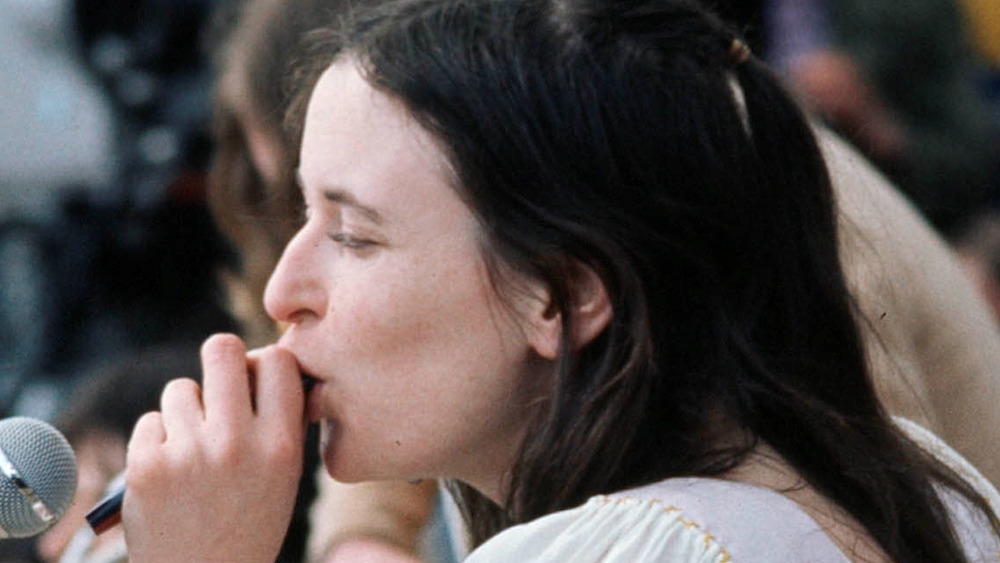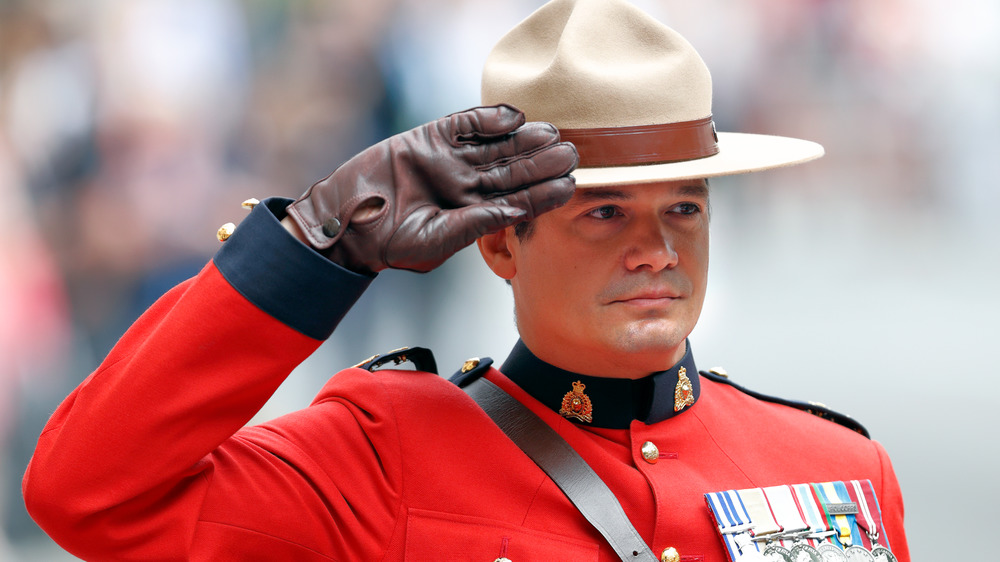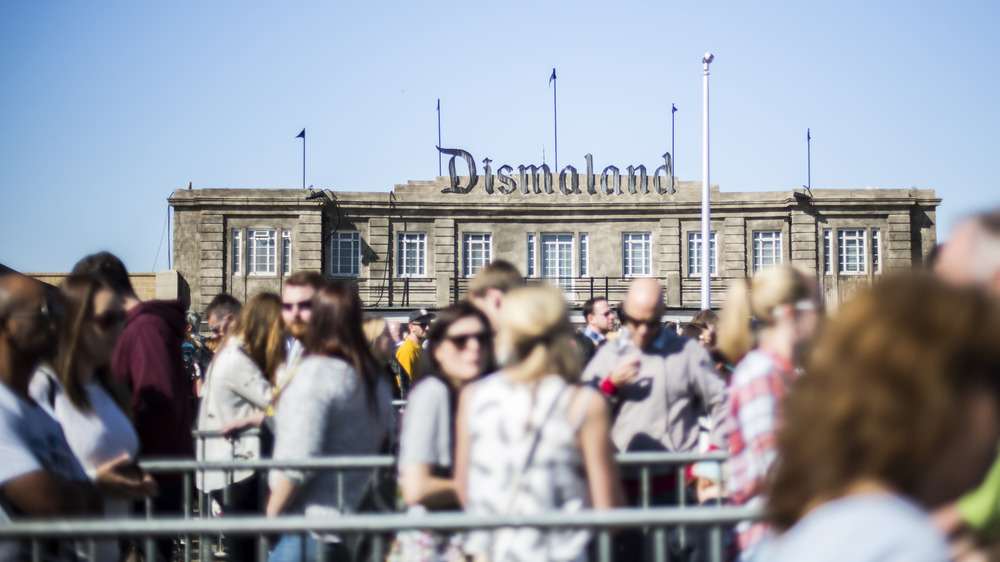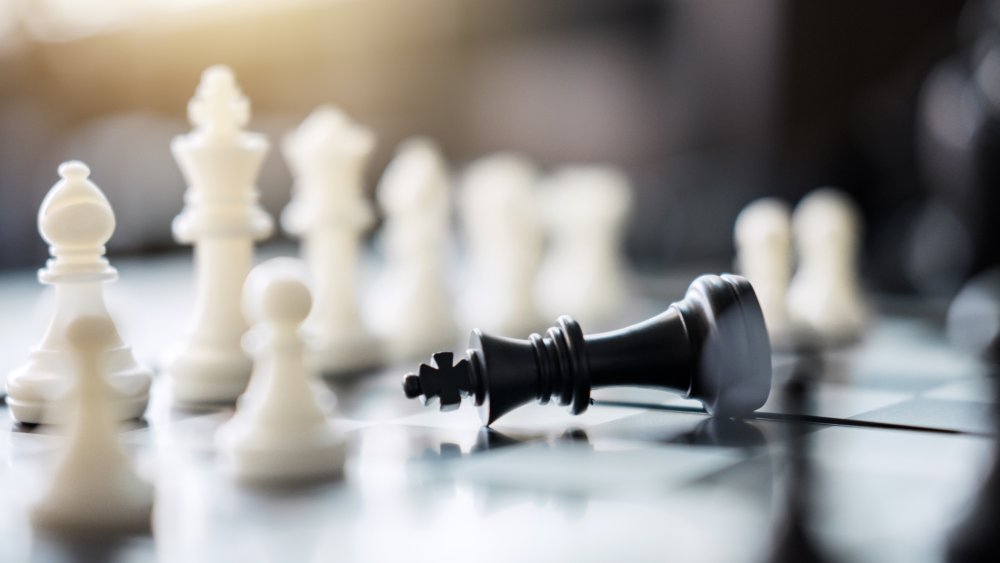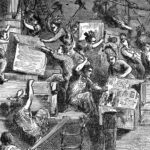
How History Classes Lie About Great Britain And The American Revolution
The greatest military force in the world, beaten by a bunch of rag-tag upstarts — the story of the American victory over the British military in the Revolutionary War still causes awe. Unfortunately, many myths have been sprung up to make the American victory all that much more story-worthy.
One such myth is that once the American colonies came into a state of open rebellion, the British government was awakened to a problem and would activate the military to put a stop — albeit, an unorganized stop — to this rebellion (via Smithsonian Magazine). Actually, the British government had considered military action earlier, in 1774, when word reached British Parliament about the Boston Tea Party. Instead of immediate declaration of war, however, the British chose to enforce the Coercive Acts in an effort to bring the colonists in line. Great Britain had thought, many times, of sending armed forces to put any form of rebellion at bay. But the British believed it was not necessary, as the colonies had no real military force to speak of.
The failed attempts of the British military to defeat the American colonists
Another myth is that once the colonists’ rebellion had come to blows, that there was no way for the British to win (via Smithsonian Magazine). There were multiple times when the British military could have brought about a decisive and victorious end to the war.
For example, in the battle of New York in 1776, the American forces were only saved by the slowness of British General William Howe. In 1777, a plan was developed for the British military to blockade New England. General Howe thought it better to go after Philadelphia, the home of the headquarters of the rebellion — Continental Congress — essentially splitting the British military in two. General Howe was victorious, but the American forces fighting against the British forces in northern New York were victorious, dealing a blow to the British. Later in 1777, the British rebounded by occupying occupied South Carolina and parts of Georgia.
In 1781, the war was entering its sixth year. George Washington himself feared if a decisive victory was not reached soon, his army would not have the power to fight anymore and would have to capitulate.
More myths about the British in the Revolutionary War
Another myth about the British in the American Revolution is that its military was using antiquated military tactics (via American Battlefield Trust). Actually, all totaled, the British won more battles outright during the Revolution than the Americans. Many readers may have been told by a history teacher something along the lines of how the British were stupid for dressing their soldiers in red uniforms. Actually, doing that sent a message to all enemies (via History of Massachusetts). Colored materials, like red, were more expensive than duller colored material, and the thought was that the color red showed that the troops belonged to the king.
Muskets, the firearms of the day, produced a lot of smoke when fired. It did not take long for either side to not be able to see each other because of the smoke produced in a battle. Speaking of muskets, using these firearms made it make more sense for soldiers to line up side by side and in the open. Muskets were not very accurate so the name of the game was firing large amounts of lead into enemy forces.
Washington himself did not seek to wage a war based on unconventional tactics. If American troops did scatter, Washington and his leaders believed that the British might actually succeed at breaking the American line and claiming victory.
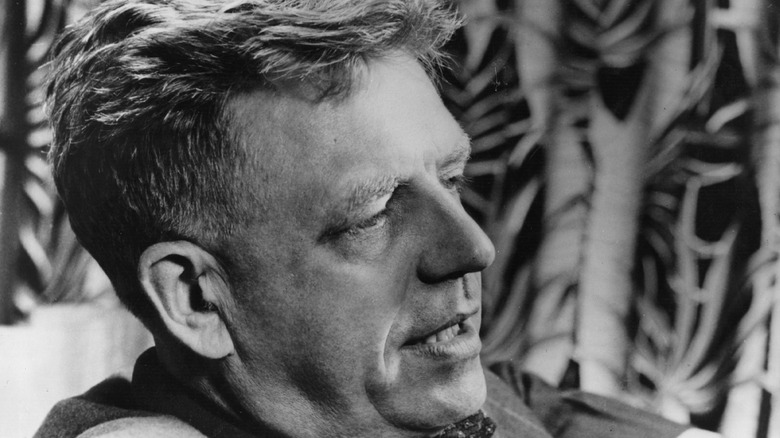
The Real Reason Alfred Kinsey Collected Millions Of Wasps
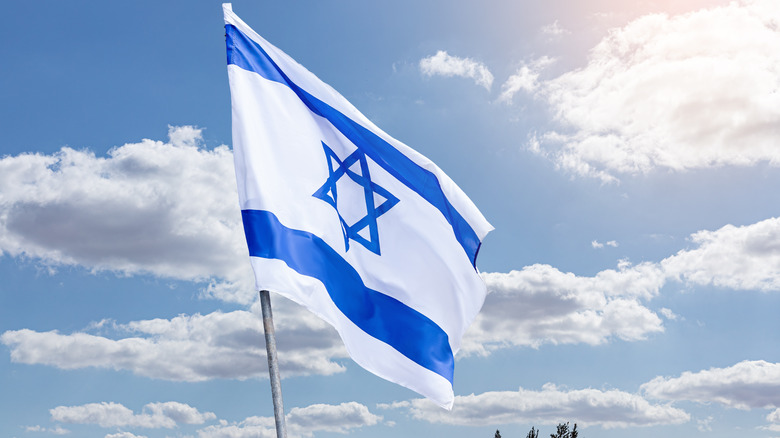
What You Should Know About The Holocaust Avengers
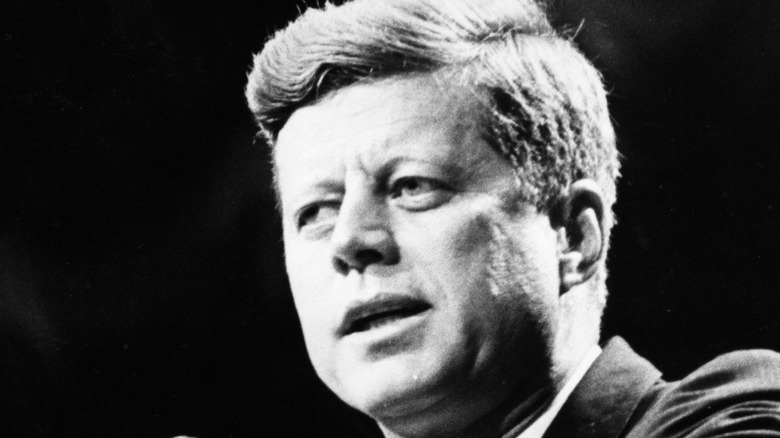
Here's How JFK Faked His Way Into The Navy

The Truth About Tina Turner's Difficult Childhood

Are Amish People Allowed To Have Cell Phones?
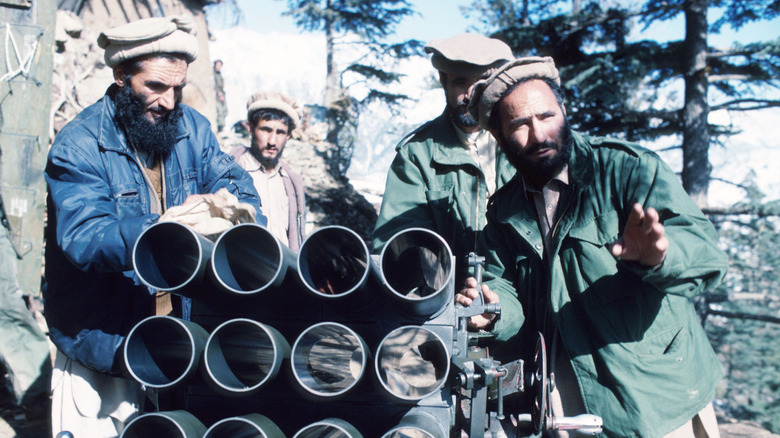
What Really Happened In Operation Cyclone?
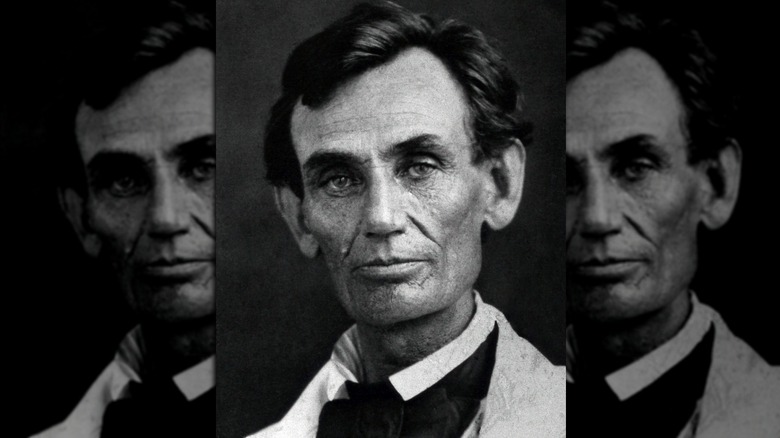
What Did Abraham Lincoln Look Like In Color?

Why The Nile Was So Essential In Ancient Egypt

The Untold Truth Of Danny Rolling, The Gainesville Ripper
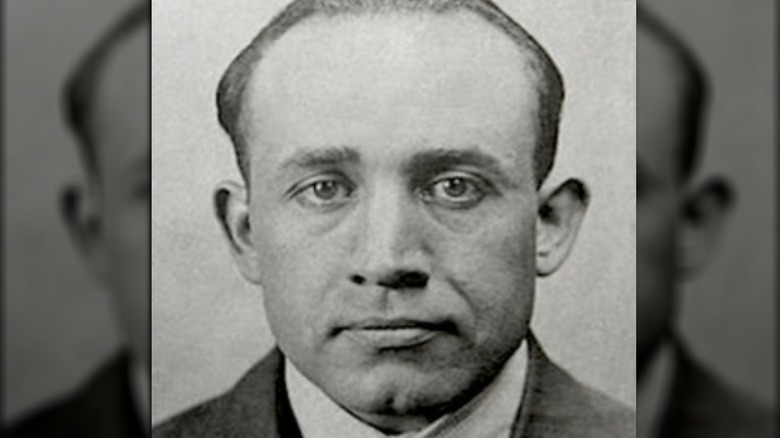
The Surprising Way Serial Killer Earle Nelson Was Caught
